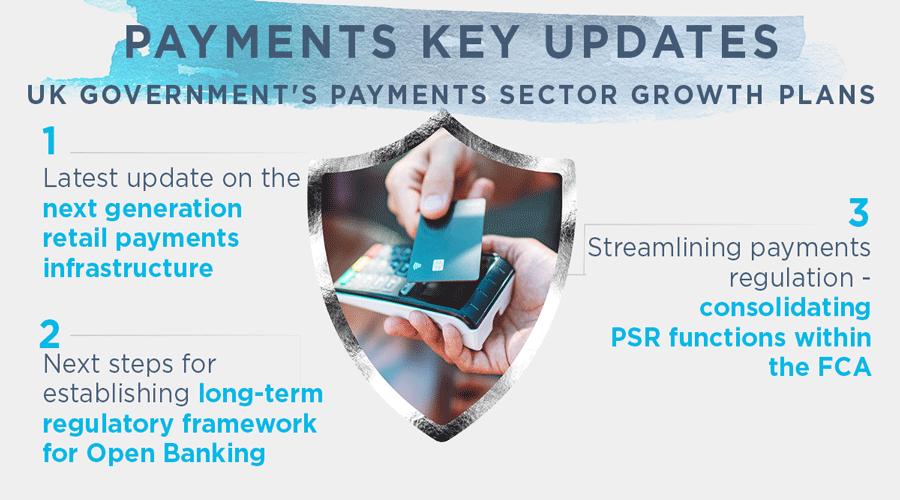The New Law sets out the foundational principles and requirements which apply to the Central Bank of the UAE (“CBUAE”), financial institutions, insurance businesses and financial activities in the UAE (excluding financial freezones such as the Dubai International Financial Centre and the Abu Dhabi Global Market) (“Applicable Entities”). Applicable Entities have a 1-year transition period in which to ensure compliance with the New Law. We understand the cut-off date to be the 15th of September of 2026, unless otherwise amended by CBUAE.
What key changes have been introduced in the New Law?
Scope of Licensed Financial Activities extended
Details
Article 61 of the New Law now includes the following additional activities, which explicitly fall within CBUAE’s regulatory remit:
- Open finance services.
- Payment services using Virtual Assets.
- Insurance, reinsurance and insurance-related professions business and services, including Takaful and Re-Takaful insurance business and services.
Practical tips
Assess whether your business falls within CBUAE’s scope.
If so, you may need to apply for a CBUAE regulatory license and comply with requirements stipulated in the legal and regulatory framework.
Emerging Technologies now fall within CBUAE’s scope
Details
Article 62 of the New Law imposes a broad requirement on any person that is carrying on, offering, issuing, or facilitating, whether directly or indirectly, any Licensed Financial Activity, regardless of the medium, technology or form employed to obtain a license from CBUAE. This includes:
- Virtual Assets, payment tokens, decentralized finance, other emerging technology, or other digital or physical instruments used in connection with the Licensed Financial Activities.
- Offering or operation of platforms, decentralized applications, protocols, or technological infrastructure that facilitate, intermediate, or enable the provision of financial services, such as payments, credit, deposits, money exchange, remittances, or investment services.
We expect further details on the license application process for these activities once the implementing regulations are released.
Practical tips
Assess whether your business falls within CBUAE’s scope.
If so, you may need to apply for a CBUAE regulatory license and comply with requirements stipulated in the legal and regulatory framework.
Detailed requirements for insurance companies and related professions
Details
The New Law introduces standalone provisions for insurance companies and related professions which include detailed requirements for such businesses.
Practical tips
If you are an insurance company or a related profession, conduct a detailed assessment of the requirements to ensure compliance.
Increased CBUAE oversight
Details
The New Law further clarifies, tightens and extends CBUAE’s powers and oversight in a range of matters, as compared to the Old Law. An example of these are Articles 142 and 143 of the New Law, granting CBUAE extensive powers in relation to Licensed Financial Institutions that have reached (or may reach) deteriorating financial conditions (such as needing to liquidate).
Practical tips
Take note of CBUAE’s oversight throughout the New Law and ensure internal compliance frameworks are structured accordingly.
Fraud prevention obligations
Details
Article 149 of the New Law imposes responsibilities on Licensed Financial Institutions, including, but not limited to, the following:
- Implement robust fraud prevention and detection mechanisms.
- Notification requirements to customers.
- Full cooperation in CBUAE investigations.
- Confidential customer data disclosure.
- Ensure customers have clear information on fees, terms and risks associated with the product and service.
Practical tips
Conduct a detailed assessment of the requirements to ensure compliance.
New fines and penalties
Details
The New Law broadens the scope of administrative and financial sanctions and penalties. Notable changes include, but are not limited, to the following:
- Criminal offence if engaging in Licensed Financial Activities without a license or authorization – Imprisonment and/or fine between AED 50,000 to AED 500 million.
- Maximum fine for Licensed Financial Institutions in violation – AED 1 billion (previously AED 200 million in the Old Law).
- Fine for Authorized Individuals in violation – AED 100,000 to AED 5 million (previously AED 100,000 to AED 2 million in the Old Law).
- New minimum fine for unlicensed activity – AED 1 million if promoting financial activities without a license.
Practical tips
Compliance teams should ensure they are up to speed with the new and amended sanctions, fines and penalties, factoring in these updates to their risk matrices.






